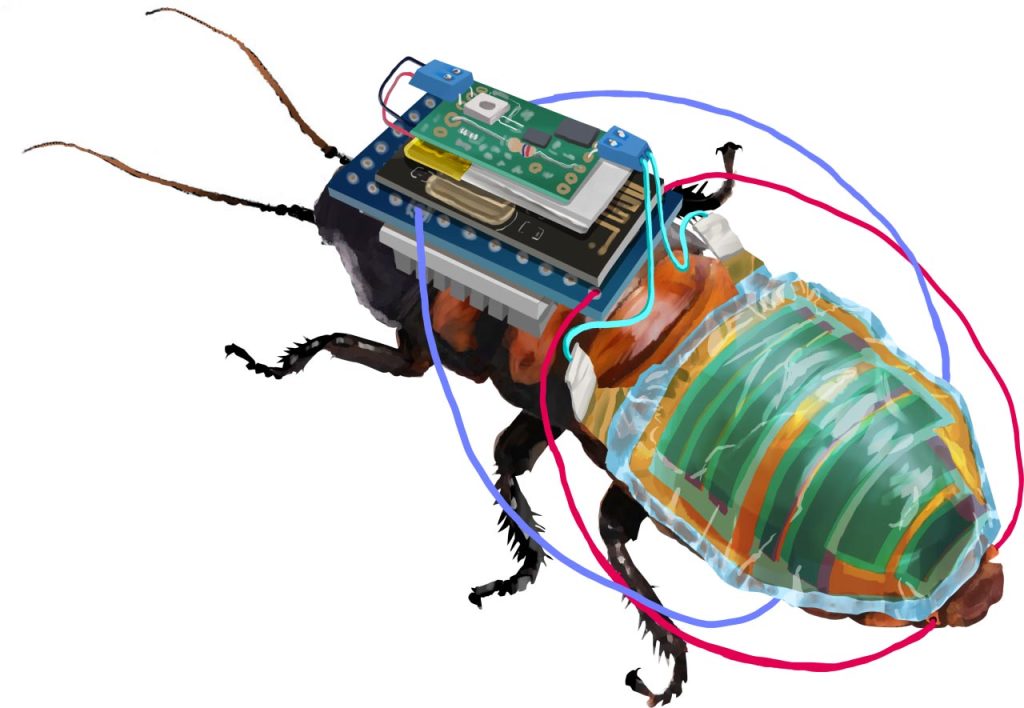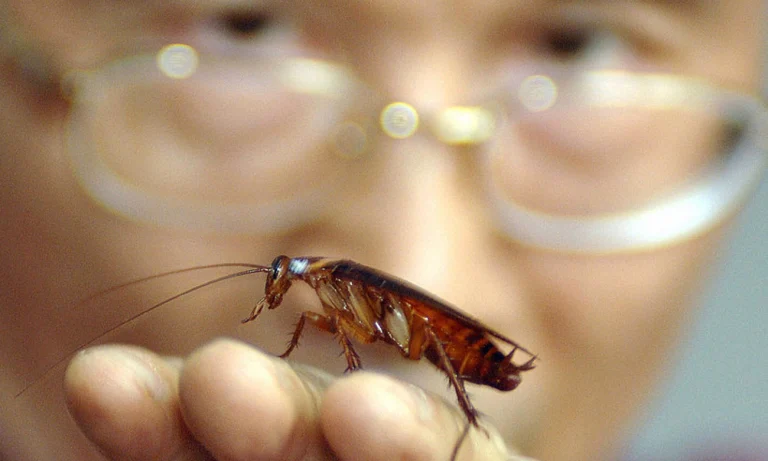An international team of researchers lead by Japan’s RIKEN’s Cluster for Pioneering Research (CPR) has developed a mechanism for creating cyborg cockroaches, which are part insect and half machine.

They say that these insects, whose movements are controlled by small integrated circuits, will be able to conduct surveillance in processes such as urban search and rescue, environmental monitoring, and human-hazard assessment.
The researchers claim that by providing the cockroaches with small wireless control modules, operators will be able to manipulate the insect’s legs remotely for long periods of time. Their findings were published on September 5 in the scientific journal npJ Flexible Electronics.
The team, led by RIKEN CPR’s Kenjiro Fukuda, used Madagascar cockroaches, which are not only the largest species of cockroach, reaching an estimated 6 cm in length, but are also noted for creating hissing sounds when disturbed, which they produce by releasing air from openings on their back.
Despite their large size, researchers only had a little amount of surface area on which to place the intricate gadgets. They were able to manipulate the insect’s leg segments by using a 3D printed soft backpack that was linked to the insect’s neural system.
The backpack’s adherence to the thorax remained secure “even after a month in the breeding habitat,” according to the paper, demonstrating that it remained on the body for an extended amount of time.
The system was also designed to be rechargeable, with an ultra thin 0.004 mm solar cell module put on the dorsal side of the cockroach’s belly. This was done to ensure that the battery remained charged and that the cockroach could be controlled for extended periods of time while still moving freely.











